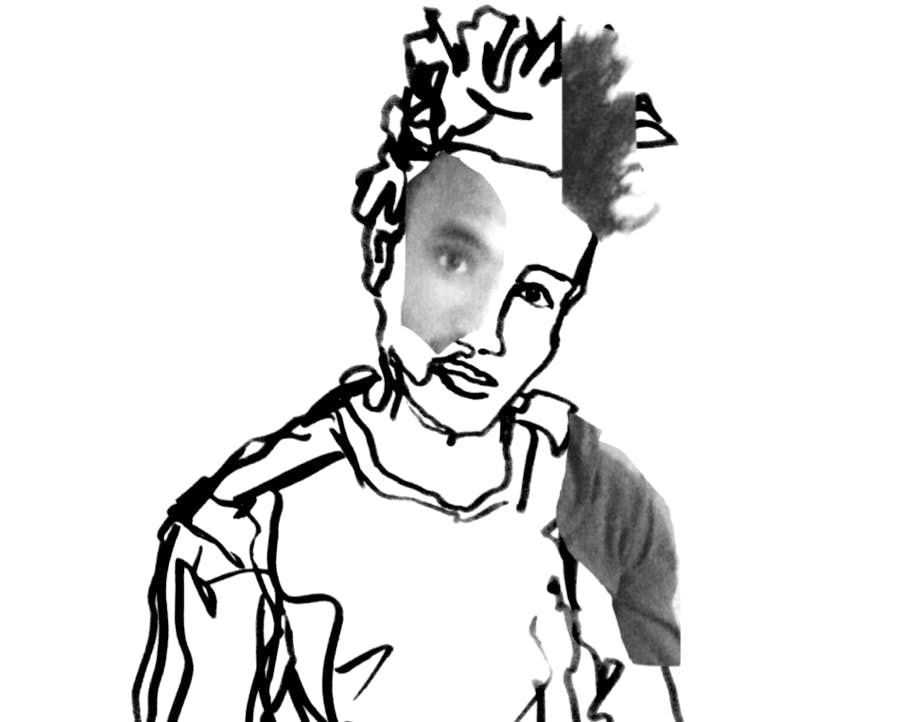
Undocumented migrants in the Netherlands
In the Netherlands it is estimated that several tens of thousands of people live without valid residence papers. They are also called sans papiers, illegal immigrants, or those who have exhausted all legal remedies. We choose the term undocumented, because no person is illegal and many people have actually not been denied legal action.
The group of undocumented migrants in the Netherlands is very diverse, in terms of country of origin, age and level of education. Many undocumented migrants in the Netherlands have an Asian, African or Middle Eastern background. Although it is difficult to measure, in practice we see that there are more male than female undocumented migrants. In terms of age, the largest group appears to be between 21-30 years old. The way someone becomes undocumented can differ; an application for asylum has been rejected, a residence permit has expired or revoked, a permit has never been applied for, or someone is stateless.
Undocumented migrants in Utrecht
It is estimated that around 5000 people stay in Utrecht without residence papers. 225 undocumented migrants reside in the Utrecht municipal shelter. This means that a large part of them live in their own network. Most visitors to Villa Vrede are refugees who have submitted an unsuccessful asylum application. Many of them go back to proceedings, providing new evidence. In 2019, a new application was accepted for 2/3 of the people leaving the Utrecht municipal shelter.
Living as an undocumented migrant
Life as a person without a residence permit is tough. You are not allowed to work without residence papers. Following an education is also very complicated, because you are not allowed to do an internship. You cannot get health insurance or other benefits. To survive, undocumented migrants depend on the municipal shelter and/or their own network. Some undocumented migrants become homeless and live on the streets.
Undocumented people live a very uncertain life. As a result, many undocumented migrants are concerned with ‘survival’ instead of ‘living’. Often they don’t know what the future will bring them. ”Where will I sleep for the next few weeks?”, ”When will I get a residence permit?” and ”How can I find a partner and start a family as long as I have no papers and no home?”’ are life questions that undocumented migrants face. This great uncertainty causes a lot of stress. Combine this with trauma that people have experienced from their home country and/or the trip to the Netherlands, and you understand that these people often have to deal with psychological problems.
Rights as an undocumented migrant
Despite all the problems that undocumented migrants face, undocumented migrants do have rights. For example, there is the right to legal assistance when people prepare or start a (new) procedure. There is also a right to necessary medical care. This means that if a doctor considers that care is necessary, the person without a residence permit will be helped. The dentist is not covered by this. Undocumented children (up to the age of 18) also have the right to go to school. The day someone turns 18, this right expires. Undocumented migrants may also report a crime, for example if they are exploited, robbed or maltreated. Despite this right to report, many undocumented migrants fear being arrested. Because although being without residence papers in the Netherlands is not punishable, undocumented migrants can end up in detention for minor offenses (cycling without light, cycling through red).
For an extensive overview of rights, please visit https://www.basicrights.nl/nl/

